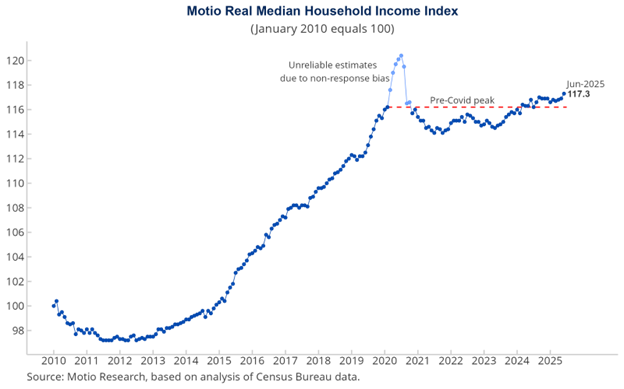
A report in the Financial Times indicates that Mexico is in the process of eliminating the checks and balances in its political system:
But the bills passed in the past two weeks ultimately implement key elements of the former president’s agenda, including eliminating autonomous regulators and replacing them with ones under greater central government control.
“It’s a step back,” said Carlos Ramírez of political risk consultancy Integralia. “It’s the end of the era of the autonomous institutions and now we’ll start a new era where these institutions are where they were 30 years ago: in the executive’s hands.”
The other new laws implement further key aspects of López Obrador’s agenda, such as strengthening state companies and cementing military control of an empowered National Guard. The changes came weeks after a controversial election to replace the country’s judges resulted in a supreme court where all nine members were put forward by Sheinbaum or her coalition.
“It’s an attempt to dismantle the old Mexican state,” said political analyst Sabino Bastidas.
In the very same issue of the Financial Times we see the following story:
In an interview with the Financial Times, [Abbe] Lowell expressed alarm at the president’s use of executive power to target law firms and the authority of courts, suggesting it could put unbearable strain on the judicial system. . . .
Trump’s broader campaign has included executive orders blocking access to federal buildings for some law firms — a threat to their businesses — prompting splits between litigators willing to fight the government and more commercially minded colleagues.
A form of coexistence that had existed for decades was now breaking under pressure from Trump, Lowell suggested.
It seems to me that the rise of a unified executive is one of the most important stories of the past decade. In one country after another, we see executives gaining power at the expense of other parts of the government. Examples include China, Russia, India, Turkey, Hungary, Poland and many other places.
In the US, we’ve recently seen the president gain the right to fire the head of independent agencies. Under previous administrations, the president was not allowed to fire independent agency officials other than for reasons of malfeasance. Some might argue that this is a return to first principles:
In an interim order in May concerning the leaders of two other agencies, the Supreme Court appeared to agree. The majority wrote that Mr. Trump could remove officials who exercise power on his behalf “because the Constitution vests the executive power in the president.”
Of course, it’s equally true that the Constitution vests the tariff power in Congress. Also the power to declare war. So I believe that what we are seeing is much more than a return to traditional modes of governance.
During the 20th century, vast new powers were given to the federal government, under the implicit assumption that no executive would abuse those powers for personal gain. But what would happen if a president used those powers to go after individual people and companies that he viewed as disloyal? Perhaps it is already happening.
Why are we experiencing a global rise in authoritarianism? In my view, that’s the most important unanswered question of the 21st century.
PS. On the plus side, Mexico does seem to allow its residents to buy the world’s best electric cars. I saw this SUV parked outside my hotel on a recent visit to Tucson, Arizona:

Sadly, those cars are not available to American motorists. (For privacy reasons, I blurred the license plate number.)

